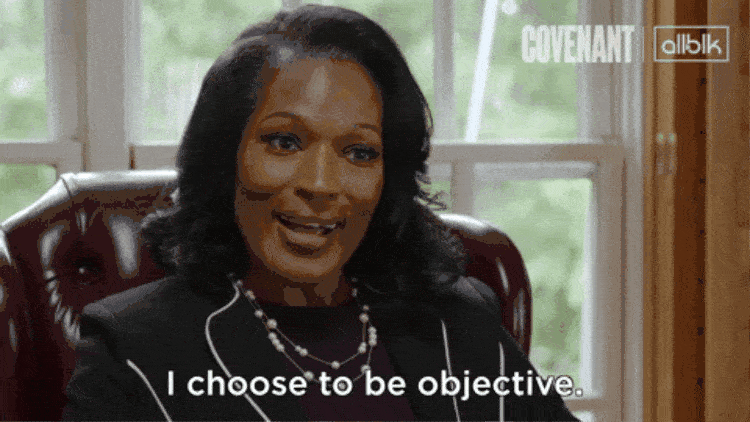
Whole Life Insurance vs. IUL
Caleb Guilliams & Dom Rufran
Both sides claim superiority in the whole life (WL) versus indexed universal life (IUL) insurance debate. Some staunchly support whole life insurance, while others criticize it as outdated and favor the perceived innovation and benefits of IUL. This blog aims to explore these contrasting views and offer a balanced perspective based on experience in the field.
Initial Perspectives and Experiences of Dom Rufran
“Initially, I was heavily involved in selling IUL policies, convinced of their superiority. The growth projections of IUL appeared so compelling that I believed investing in anything else—whether a Roth IRA, the stock market, or real estate—was unwise. In comparison, whole life insurance seemed inferior, especially when I examined the wrong types of policies from stock companies that did not offer dividends. These non-dividend-paying whole-life policies appeared unattractive, reinforcing my bias towards IUL.”
“However, my perspective began to shift when I encountered a whole-life policy from a mutual company, Foresters, which offered dividends. This policy's performance was far better than what I had seen from other whole-life products, challenging my previous dismissal of the entire category. As I interacted with more professionals, including those who strongly supported whole life insurance, I questioned my initial assumptions about IUL.”

Dom’s Evolution of Understanding
“I couldn’t sell something I no longer fully believed in.”
“This internal conflict led me to take a year-long break from selling insurance. I dedicated this time to learning from industry experts such as Garrett Gunderson, Kim Butler, and Caleb Guilliams. I aimed to arrive at a well-informed conclusion about which product would serve my clients best. During this study period, I gradually shifted my preference toward whole life insurance.”
“However, my stance evolved further as I gained more experience and knowledge. I came to view life insurance, whether whole life or IUL, as a tool rather than an end. The maturity in understanding comes from recognizing that life insurance should not be the focal point of one’s financial strategy but rather a means to help achieve broader financial goals.”
Life Insurance as a Tool
At BetterWealth, life insurance is a tool that removes friction to help individuals reach their financial goals.
Assessing where one wants to allocate time, money, and resources is essential to determine which financial products best facilitate these objectives. While IUL policies may seem appealing due to their illustrations and potential for higher returns, they come with significant variables and risks.
Over time, we have grown more convinced about the value of life insurance but less dramatic about advocating for one type over another. For some clients, a well-structured IUL might outperform a whole-life policy, particularly regarding cash value accumulation and income potential. However, this potential does not make IULs the best choice for everyone.

Weighing the Risks
When choosing between whole life and IUL, a critical consideration is the number of variables involved.
IULs offer upside potential but also come with many moving parts that can introduce significant risks. For example, changes in interest rates, market conditions, and the costs of options strategies can all impact the performance of an IUL policy. Over an extended period, such as 20 or 30 years, these variables can create uncertainty that may not be worth the potential upside for some clients.
Whole life insurance, on the other hand, is more stable and predictable. It offers fewer variables and a guaranteed cash value, making it a more conservative choice for those prioritizing security over potential growth. While whole-life policies may not provide the same potential returns as IULs, their stability can be more attractive, especially for those who prefer a "set it and forget it" approach.
Industry Insights
It is also important to note that while some professionals successfully manage IUL policies, many others lack a deep understanding of the product. Many agents in the industry do not fully grasp the complexities of IULs, leading to poor policy design and management. This lack of expertise can result in policies that do not perform as expected, creating significant problems for policyholders later.
Whole life insurance, even when not optimally serviced, tends to be less problematic than a poorly managed IUL. However, the risks associated with an under-serviced IUL are far greater, potentially leading to policy lapses or significant losses in cash value. Therefore, when considering an IUL, it is crucial to work with a knowledgeable and experienced advisor who can design and manage the policy effectively.

An Objective Approach
One of the most effective approaches we've employed for knowing whether whole life or an IUL is the right choice for our client involves showing the whole life and IUL insurance options using conservative assumptions.
This includes demonstrating how adjustments, such as reducing dividends in whole life or adjusting caps and participation rates in IULs, impact policy performance. By presenting worst-case scenarios and allowing clients to decide based on a complete understanding of the risks and benefits, advisors can help clients make informed decisions that align with their financial goals.
Unfortunately, many people in the industry do not take the time to thoroughly educate themselves or their clients about the intricacies of these products. As a result, clients are often sold policies they do not fully understand, leading to dissatisfaction and financial loss.
Final Thoughts
Both WL and IUL insurance have their merits and drawbacks.
The key is to view life insurance as one tool among many in a comprehensive financial strategy. It should not be overemphasized or seen as a one-size-fits-all solution. Clients should be encouraged to diversify their financial portfolios rather than placing all their resources into one asset class, such as life insurance, real estate, or any other investment.
Moreover, if you cannot fully understand how a life insurance policy works or if you cannot explain it in simple and accurate terms, it might be wise to approach it cautiously. The complexities of life insurance products, particularly IULs, require careful consideration and management. Therefore, clients should seek advice from deeply knowledgeable professionals and take the time to understand the nuances of the products before making significant financial commitments. Most advisers know how to discuss the selling points of an IUL, but do not know how it works or when selling it is the wrong choice.
Click this link for a debate with my friends Terry Rocks and Chris Kirkpatrick - Terry and Kris, along with our team at BetterWealth, are the only people who I believe are knowledgeable enough to do this right and notice that we each only use IUL over whole life in very unique situations. Let’s not gamble and take a chance on your step-brother or best friend’s insurance expertise to do them a favor when it’s your life and retirement savings on the line.
Talk to our team today.
Subscribe to receive the latest blog posts to your inbox every week.





